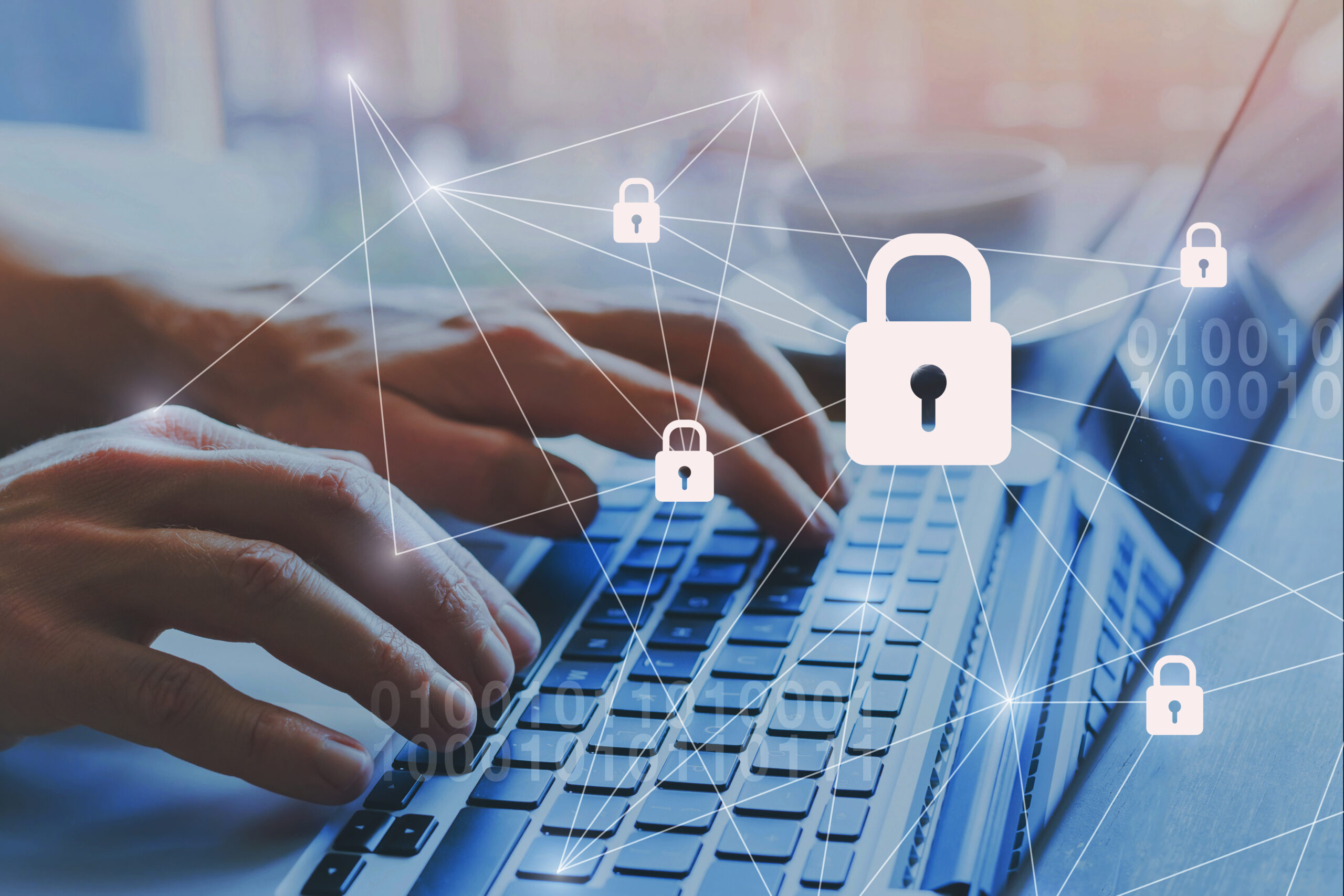Category: Blog
As the digital landscape continues to evolve, so do the complexities of cybersecurity. From protecting space systems to countering advanced AI-driven threats, organizations must stay ahead of emerging risks. At Hitachi Cyber, we closely monitor the latest trends to help businesses build resilient defenses. Here’s an overview of the most significant cybersecurity developments shaping the future.
Securing Space Systems: A New Frontier in Cybersecurity
The integration of space cybersecurity into recent government policies marks a crucial step in safeguarding critical space systems. As space technologies become more integral to communication, navigation, and national security, they also become prime targets for cyber threats. Recognizing this, new regulations now set minimum cybersecurity requirements for civil space systems, enhancing their resilience against potential attacks.
These measures include encrypting command and control communications, authenticating sources to block unauthorized access, and implementing advanced anomaly detection for rapid threat response. Additionally, the adoption of secure development practices, aligned with the NIST Secure Software Development Framework (SSDF), ensures that space systems are built with security at their core.
This focus on space cybersecurity reflects a broader trend of proactive defense, acknowledging the increasing importance of protecting high-priority assets from sophisticated cyber threats.
The Power of Open-Source Intelligence (OSINT)
Geopolitical instability, including supply chain disruptions and regulatory risks, has significantly impacted businesses worldwide. In this evolving landscape, open-source intelligence (OSINT) has emerged as a powerful tool for understanding political and security trends. By leveraging publicly available information, organizations can gain insights into global dynamics, helping them anticipate risks and make informed strategic decisions.
However, OSINT is often underutilized. Integrating it with classified intelligence can enhance its effectiveness, providing a more comprehensive view of potential threats. As hybrid conflict tactics like cyberattacks and disinformation campaigns blur the line between war and peace, adaptive intelligence becomes essential. Strategic cooperation and cross-disciplinary collaboration will be key to navigating these complex challenges.
Artificial Intelligence: A Double-Edged Sword
Artificial intelligence (AI) is revolutionizing cybersecurity, offering new tools for defense and, simultaneously, new opportunities for cybercriminals. State-sponsored threat actors are leveraging generative AI to enhance productivity, using it for tasks like research, code debugging, and content creation. While this increases efficiency, it also raises concerns about the misuse of AI for malicious purposes.
One concerning development is GhostGPT, an uncensored variant designed explicitly for illegal activities. Sold on underground platforms, it bypasses safety filters, enabling cybercriminals to deploy phishing attacks, malware, and other malicious actions undetected. The rise of such tools underscores the need for stricter regulations and advanced security measures.
To counter these threats, organizations are increasingly adopting homomorphic encryption, which allows computations on encrypted data without revealing sensitive information. This technology is gaining traction in high-security environments, offering robust protection against unauthorized access. As AI continues to evolve, balancing innovation with security will be crucial.
The Rise of Quantum Encryption
Quantum computing is redefining cybersecurity, introducing powerful encryption methods that enhance data security. Quantum homomorphic encryption (QHE) is at the forefront, allowing operations on encrypted data without decryption. This revolutionary approach protects sensitive information while enabling advanced data analytics.
Despite its potential, quantum encryption faces challenges, including high computational costs and complexity. However, ongoing advancements are paving the way for broader adoption, particularly in sectors like healthcare and finance, where data confidentiality is paramount. As the quantum era unfolds, organizations must prepare for a new wave of cybersecurity innovations.
Hitachi Cyber: Your Partner in Cybersecurity Excellence
At Hitachi Cyber, we understand the complexity of today’s cybersecurity challenges. Our comprehensive solutions are designed to help organizations protect their critical assets and build resilience against evolving threats. With a global team of experts and advanced cyber threat intelligence capabilities, we provide tailored cybersecurity strategies that adapt to the ever-changing digital landscape.
In a world where cyber threats are constantly evolving, proactive defense is essential.
Contact Hitachi Cyber today to learn how our innovative cybersecurity solutions can help you navigate the digital landscape with confidence. Together, we can build a secure and resilient future.


